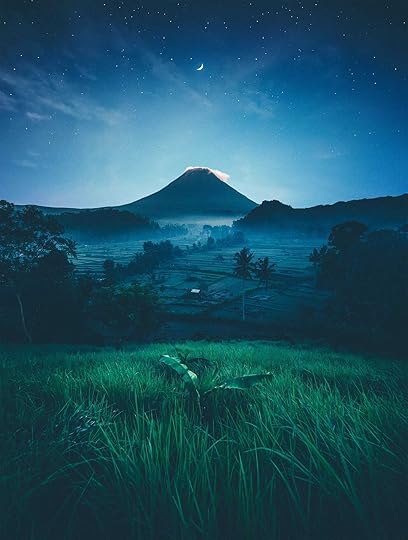Balance of Power vs. Divine Right to Rule

Last week, we saw that government and religion could co-exist and it could also create a toxic situation (most colonial actions) or a more positive situation (William Penn’s dealings with the indigenous tribes of Pennsylvania).
Most ancient cultures were like this. The king was considered to be a son of a god and they had ‘divine right to rule’. Societies’ law codes came from their religious texts… and for thousands of years… this worked.
It didn’t always stop wars and rebellions, but there was a deep connection between the royalty and how they were in authority because a higher power wanted them in charge. It also went the opposite way - the royalty had to obey the higher power, which meant the priests who spoke accurately for the gods had serious religious influence on state affairs.
But the royalty were often out of touch with the people they were supposed to be looking after. And this gave rise to democracy and councils.
Many smaller extended family groups and tribes had elder councils where leadership decisions were made. (You see this a lot in indigenous cultures who are often extended family groups and tribes.)
Democracy as we know it came from the ancient Greeks and Romans, but even they ended up accidentally (or on purpose?) voting themselves into a totalitarian system where the emperor was a literal god.
As you can see, even the Greeks and Romans didn’t manage to get away from religion in their government. But the ruler’s needs verses the normal people’s needs - that is what makes a government work. The idea in democracies is to not let one person, or group of people have too much power over other groups. This is referred to as a balance of power. The concept of balance of power was in opposition to divine right to rule.
Thank you for reading Chronic Writer by VintageInkSlinger. This post is public so feel free to share it.
Thanks for reading Chronic Writer by VintageInkSlinger! Subscribe for free to receive new posts and support my work.



